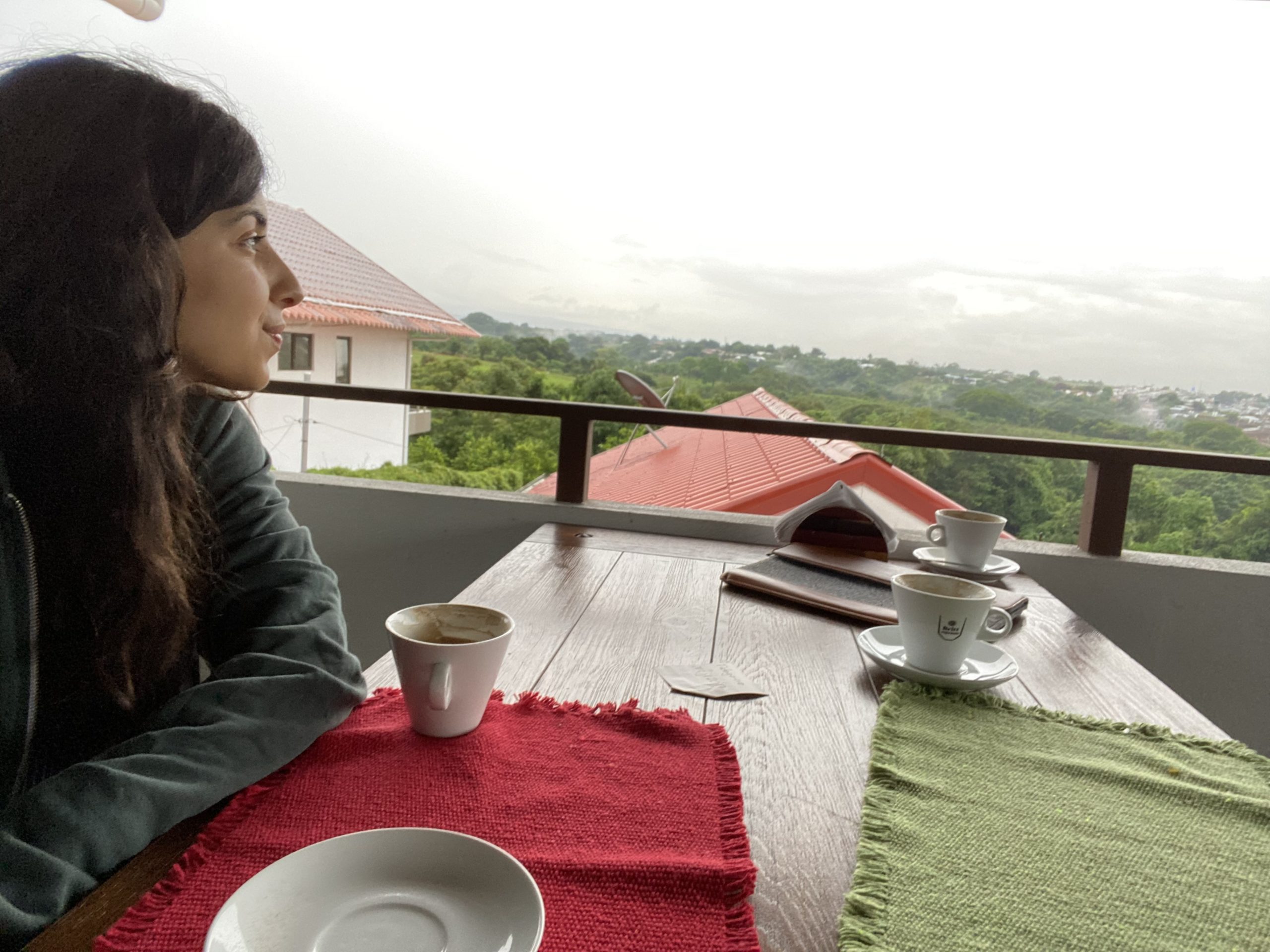Some days, before a session with a client, I reflect on how therapy is siymultaneously choreographed and improvisational.
These days, on tele-health, the assumption is that you can’t quite grasp the client’s full emotion, or subtle body language. And yet, recently my telehealth sessions have challenged how I have utilized silence or (gasp) sustained eye-contact.
Like most new things we want to start, the “beginning” typically is the most challenging. Even more so, when an experience is initially met with negativity or resistance, why continue?
I was 19 when I first attempted therapy at my university counseling center. I had begun dealing with random panic attacks or as I had called them, “breathing challenges.” They would spring up on me –walking from one class to another on campus, riding my university bus, or after I had missed the first 20 minutes of a music history final because of these “breathing challenges” in the hallway bathroom, I figured what harm could talking to someone else do?
In 2008, “therapy” was still an enigma. The stigma existed amongst family members and I had yet to know any of my friends that had ever gone to “talk therapy.”
After my first session at the counseling center, I felt lighter. While she had been gathering baseline information about me, I had some tangential moments where I began crying about what I was going through—a catharsis that still helps me to this day.
Eager for my second session, reflecting on some of the experiences I had shared in the previous session, the therapist compared my situation to a best selling book—the plot ending in a family member’s suicide. Even more hurtful, the book’s family of origin was that of my own.
I immediately felt sick. The inaccurate assumption about myself, my family, and my culture was too poignant to address or try to explain. I don’t recall the rest of the session but I did not return to therapy for nearly another decade.
So much of our initial resistance to trying something new is the anticipation of failure or a negative experience.
I defined an entire experience based on about 20 seconds that a counselor had inaccurately compared me to (despite most likely coming from a good place). Perhaps my 19 year old self was not yet ready in that season of her life to begin therapy. But. When and if you ever are, I encourage you, no one size fits all.
Shop around for therapists, spend time scheduling a varied number of consultation calls—typically these are free. Focus less on how they may feel about you, and more how you feel around them.
